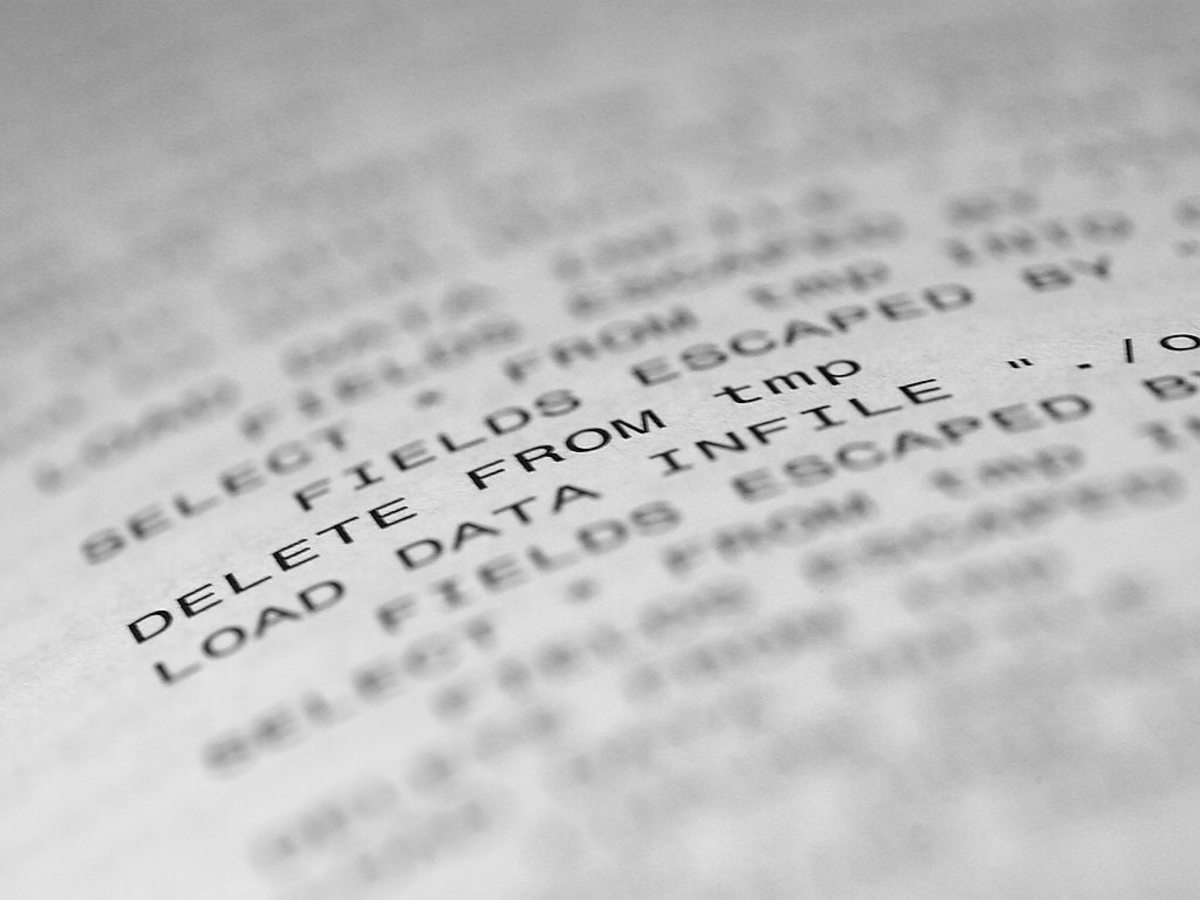How to make an Ebook
If you have any sort of expertise, at some point you will develop the urge to write an ebook.
This is a resource page on how to go about producing the ebook and how to market it.
First decide what to write about
Not all topics lend themselves to ebook production. This is mainly down to readers - for certain topics, some will prefer to buy a traditional bound dead-tree book. If your book is about art, design, fashion or even knitting patterns - basically, anything that has photographs - you may find that readers prefer an actual paper version. The same thing goes for cookbooks - cooks like to have their books open on the kitchen counter while they produce the meal.
However, there are a lot of niches where readers and users are internet savvy and expect to see ebooks - the how to make money online niche and the Search Engine Marketing expertise niche are famous for this.
But think outside the box - for example textbooks on difficult aspects of computer programming, databases and programming languages lend themselves to eBooks too, especially as they can be constantly updated to be current. My husband is a senior Java developer, and recently hit a wall at work on a technical aspect of database handling - and then spent the better part of two hours looking for textbooks online that weren't out of date that would tell him what he needed to know to fix the problem (no, that type of information isn't available free anywhere online, believe me he searched). He did eventually find what he wanted, and he ordered it online (it was a paper textbook), but of course would have prefered an eBook because he would have got his hands on the knowledge he needed straight away.
There are many niches like this, where readers are searching for high quality textbooks that they can download straight away, and they are willing to pay good money for the priviledge too - the scarcer the information the more you can charge. If you have expertise in a particular profession, consider writing an eBook about it.
Producing the actual book
The most basic eBooks come in pdf format (that is they can be read by Adobe's free Acrobat reader).
If you write your book in Open Office's "writer" package (free to download), you can easily export your document to PDF format (click "file" and then click "export to PDF"). Google Docs also allows you to save what you have written as a pdf providing the file is not too big.
You don't really need anything more fancy than that, though there are plenty of software packages you can buy that will help you produce better looking eBooks - these usually create .exe files rather than .pdf files.
At the start of the book below the title, it's always good to include some copyright information. If you are writing in the European Union or the United States, your work is automatically protected by copyright as soon as you have written it - but the unscrupulous always seek to steal information. Therefore add the copyright symbol and a blurb about copyright to deter the thieves. If you want to go so far as to be able to sue people through the courts if they steal your information, you need to register your work with the copyright office in your country (and the countries you are distributing the work in).
People also expect their eBooks to look like regular books - so include a table of contents, and an email address where you can be contacted (set up a special email just for your ebooks).
If you can, include a few graphics (use Open Office's draw package) - anything that breaks the text up will help. Reading online is harder on the eyes than reading paper, therefore keep your paragraphs short and include plenty of whitespace.
Distributing the Ebook
You need a sales page, which has the eBook available when the reader clicks the download button, and a link to Paypal or Google Checkout, which needs to be fired before they can download your book.
Once you have the sales page up, you need to do some basic search engine optimization to ensure that it is picked up by the search engines for the keywords related to your eBook. Ideally you are an acknowledged expert in your field and you already have a blog that is ranked highly in the search engines, and you can then sell your book from your blog. The more of an authority you are, the more likely it will be that people trust you and thus buy your book (and the more likely that word about your new book gets out virally).
Therefore it might be worth giving away your first eBook free, so readers get a feel for your work and you get to build your reputation. This is what the great marketing expert Seth Godin did with his first book.
You can also sell your book using the Scribd store - they handle all the money transactions, and also make your work compatible with the various epublishing formats that are available. In return they keep 20% of the earnings (which is a fair commission).
If your book is mainstream, sign up with Amazon and upload your book in their Kindle offerings - Amazon is the first place that regular people look when purchasing books.
Sometimes an eBook is so successful, you will get approached by mainstream publishers (the dead tree ones) to get your book printed and distributed in bookstores. Say yes when that happens - the majority of books sold are still old-fashioned paper ones.
You can now also upload your book to Amazon, Apple and smashwords.








